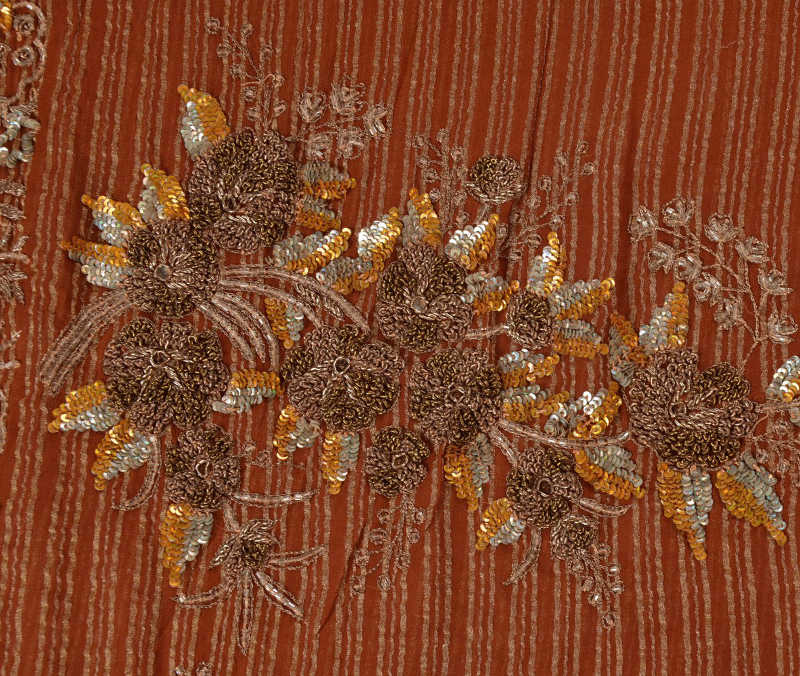===
0983,
3
===

=== |
 |
FWP:
SETS == EXCLAMATION
MOTIFS == CLOTHING/NAKEDNESS
NAMES
TERMS == IMPLICATIONWhat I keep thinking about is the kisū kī . Would the speaker have wiped the eyes of some particular person, whom he (coyly or discreetly) does not choose to identify? Or might he really have sought to wipe the eyes of a random 'somebody' or 'anybody'-- of any suffering person? If so, this verse would join an extremely small handful in which Ghalib and Mir show some traces of what might be called a social conscience. For more on this issue, see
G{215,8}.